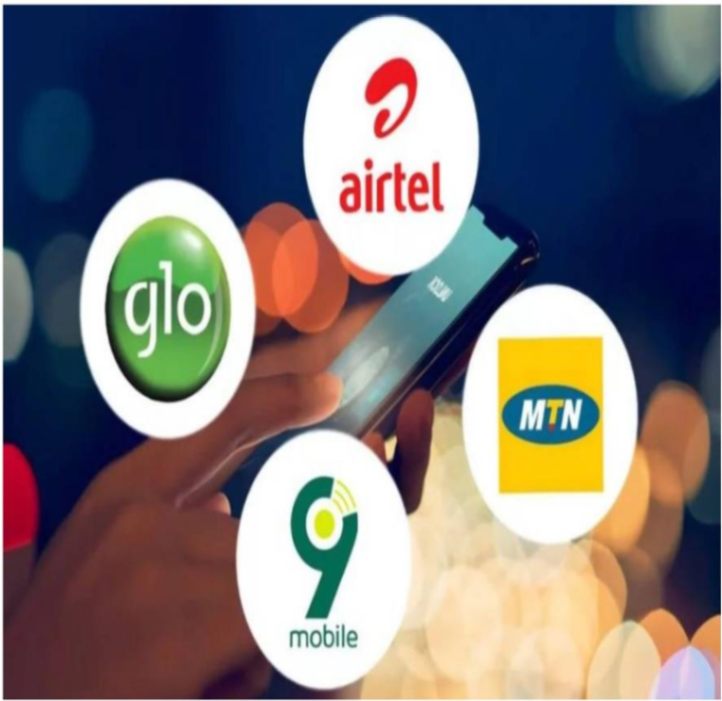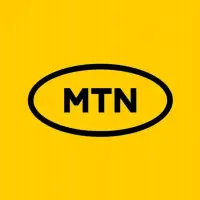NCC Introduces Unified USSD Codes Across All Nigerian Networks
The Nigerian Communications Commission (NCC) has implemented a significant change in how Nigerians interact with their mobile networks. Since May 17, 2023, all telecommunications providers in Nigeria have been directed to harmonize their USSD codes, creating a unified system across MTN, Glo, Airtel, 9mobile, and other networks.
If you've recently tried to recharge your line or check your balance using the old codes, you might have noticed you were redirected to use different ones. This is because the familiar network-specific codes like MTN's *555*recharge pin# for airtime recharge or *556# for balance checks are being phased out in favor of standardized codes.
The New Unified USSD Codes
According to the NCC directive, here are the new unified USSD codes that work across all mobile networks in Nigeria:
*312# - Data Plans
*311* - Recharge
*303# - Borrow Airtime
*323# - Data Balance
*310# - Account Balance
*321# - Share Data
*305# - Value-added Services (VAS)
*996# - NIN Verification
This means that regardless of whether you're using MTN, Glo, Airtel, or 9Mobile, the same code will perform the same function across all networks. No more memorizing different codes for different networks!
What Are USSD Codes?
Unstructured Supplementary Service Data (USSD) is a telecommunications protocol that allows users to perform various functions without requiring an internet connection. These functions include checking airtime balance, recharging airtime, and accessing value-added services.
USSD services have been particularly successful in sub-Saharan Africa, including Nigeria. Initially used primarily by telecommunications operators, the technology has now been widely adopted by the banking industry. Virtually every commercial bank in Nigeria now offers USSD services, allowing customers to check account balances, open accounts, and transfer money using simple codes.
Why NCC is Pushing for Unified USSD Codes
The NCC began pushing for the harmonization of USSD short codes back in 2017, hiring a project consultant to conduct research and lead the initiative. According to the commission's report, the primary benefit of a unified USSD system is eliminating the need for users to memorize multiple codes for different networks.
The report also highlighted that the unification would free up a significant number of codes for reallocation - specifically, 84% of 3-digit codes, 98% of 4-digit codes, and 99% of 5-digit codes once fully implemented.
Additionally, the NCC believes this standardization will:
Stimulate competition among telecommunications service providers
Streamline marketing efforts
Create a more user-friendly experience for Nigerians
However, the commission also acknowledged potential challenges, including the need for network providers to reconfigure their equipment and the possibility that some providers might lose customers during the transition.
USSD Codes That Remain Unchanged
While most codes have been standardized, the NCC has kept some existing codes unchanged:
*996# - For verifying SIM registration or NIN-SIM linkage
*2442# - For Do-Not-Disturb (DND) unsolicited messaging complaint management
*3232# - For porting services (mobile number portability)
What This Means for Nigerian Mobile Users
For the average Nigerian who typically uses multiple network providers, this unification represents a significant convenience. Instead of remembering different codes for each network, users can now use a single set of codes regardless of which SIM card they're using.
It's worth noting that if you try the new codes and they don't work, you may need to use the old ones temporarily, as some network providers might still be in the process of fully adopting the new USSD codes.
This standardization is part of the NCC's broader efforts to improve telecommunications services in Nigeria and create a more user-friendly experience for all mobile subscribers across the country.









